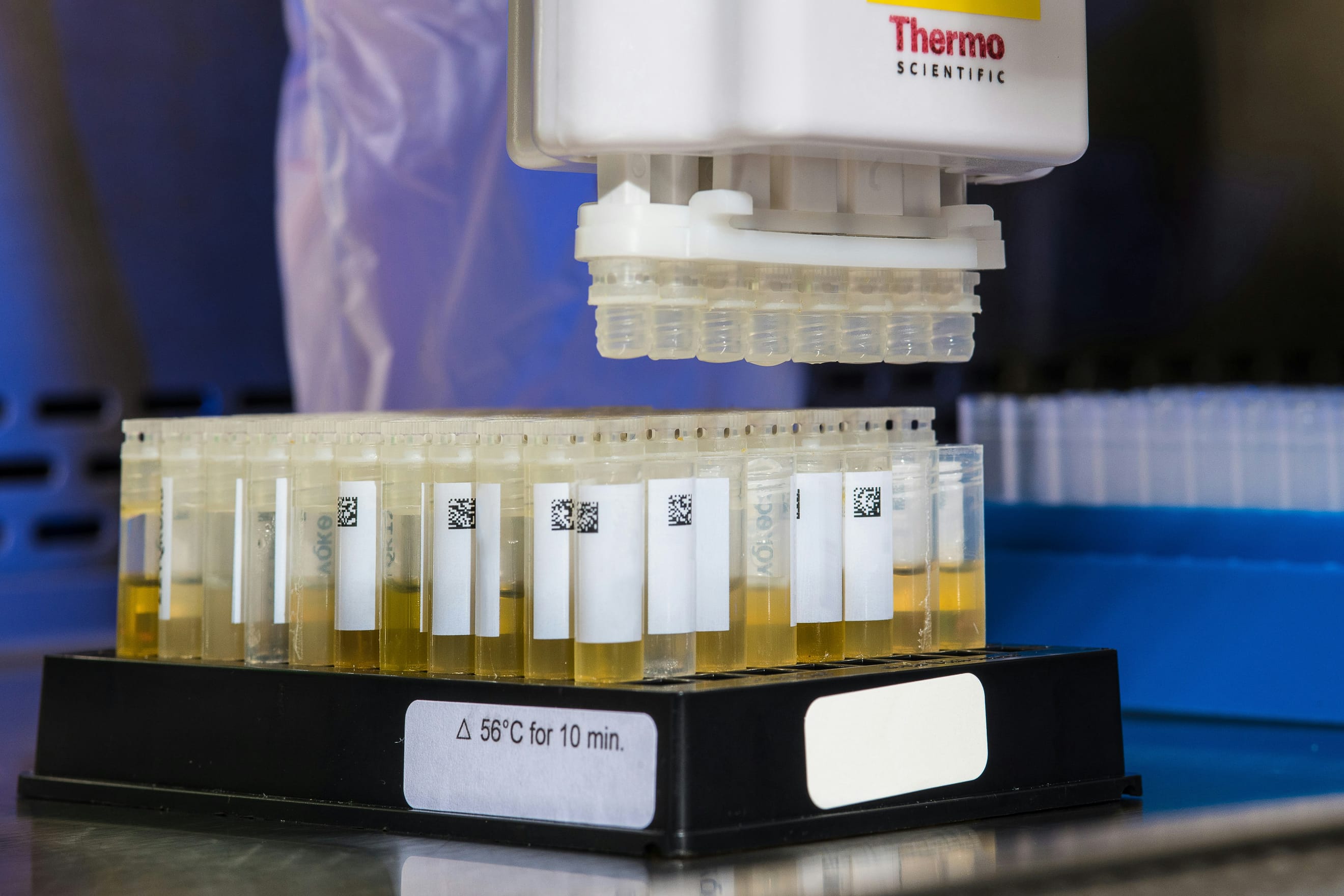
A new wee test for bowel cancer?
Colorectal cancer or bowel cancer is the third most common cancer globally and the second leading cause of cancer related deaths (after lung cancer). Europe has the highest death rate with an age-standardised rate of 12 per 100,000 (2022) across all ages and sexes and accounted for almost 28% of all diagnosed cases. A research paper published in The Lancet in 2021 estimated that the costs of the burden of bowel cancer to Europe (both health care provision and lost productivity) in 2015 amounted to €19.1 billion.
In absolute numbers, there were more than 35,000 deaths and more than 100,00 cases in under 50 year olds in Asia and Asia accounted for more than 50% of all diagnosed cases.
The most extensive screening worldwide is the fecal occult blood test, which looks for signs of hidden blood in your poo, and the fecal immunochemical test or FIT which only detects human blood from the lower intestines. It is important to note that both results show that there is bleeding occurring somewhere in your guts but not what is causing it.
A 'positive' result from either test typically leads to a more invasive procedure - colonoscopy which involves inserting a camera (an endoscope) into the rectum and lower intestines via the anus, typically whilst the patient is sedated. This visual inspection is good at identifying the cause of that bleeding and potentially even treating it there and then.
However, there can be cultural and cost reasons why colonoscopies are not taken up. This is why research from the South Australian Health and Medical Research Institute (SAHMRI), the University of Adelaide and Columbia University really caught our eye.
The team found that the bacteria Escherichia coli Nissle prefers to live in tumours and even actively seeks them out in the gut. Their study also showed that they will inhabit both bowel cancers but also precursor lesions (or polyps). Once the bacteria locates a tumour it then releases a marker that can be detected in urine.
In the future they may even be able to manipulate the bacteria to deliver treatment directly at the tumour site.
Early diagnosis can be absolutely critical in getting better patient outcomes in the long run. Making the screening or testing as easy and comfortable for the patient as possible encourages uptake. We recently wrote about another example with Alzheimer's potentially utilising a simple and already commercially available blood test 👉🏾 https://www.thesustainableinvestor.org.uk/blood-test-could-revolutionise-alzheimers-diagnosis/
This article featured in What Caught Our Eye, a weekly email featuring stories we found particularly interesting during the week and why. We also give our lateral thought on each one. What Caught our Eye is available to read in full by members.
If you are not a member yet, you can read What Caught Our Eye when it comes out direct in your email inbox plus all of our blogs in full...

Click this link to register 👉🏾 https://www.thesustainableinvestor.org.uk/register/

Please read: important legal stuff.

